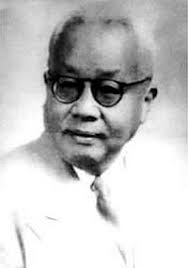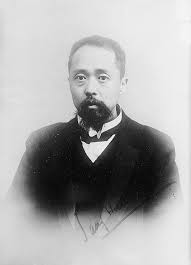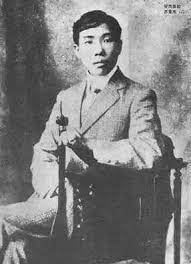Hsiung Hsi-ling (1870-1942), government official, is best known as the premier of the "first caliber cabinet" of 1913-14. Hsiung all but retired from public life in 1914. He later achieved considerable reputation as a philanthropist and sponsor of charitable works. A native of Fenghuang hsien, Hunan, Hsiung Hsi-ling was the son of a military officer […]








